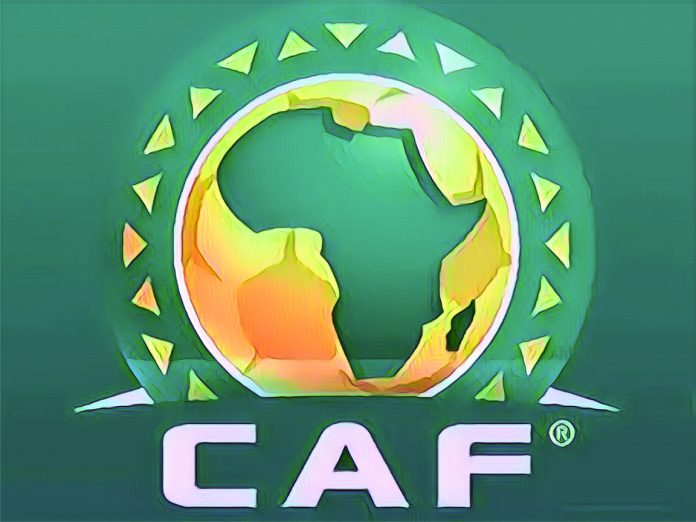Africa’s most popular pay TV service, DStv, has dashed the hopes of millions of football fans across the continent, after announcing that it will not broadcast the 2023 Africa Cup of Nations (AFCON) on its SuperSport channels.
The announcement came just nine days before the start of the tournament, which will take place in Ivory Coast from January 13 to February 11, 2024.
DStv has been a reliable source of football content for subscribers in Africa, especially Nigerians, who are eager to watch the Super Eagles challenge for their fourth title.
However, the pay-TV giant said it failed to secure the rights to broadcast the tournament, which were acquired by a Togolese broadcaster, New World TV.
New World TV and the Confederation of African Football (CAF) entered into a three-year deal as the rights holders of 13 competitions in total, including the 2023 and 2025 AFCON tournaments across 46 countries in the region, including South Africa.
This means that free-to-air stations in the 46 countries looking to broadcast the AFCON and any other CAF competitions would now have to sublicense the rights through New World TV.
Fans Express Disappointment and Anger
The news of the DStv blackout has sparked outrage and frustration among many football fans in Africa, who took to social media to vent their feelings.
Some fans compared the blackout to Nigeria not winning the title, while others questioned CAF’s handling of the bidding process and the choice of New World TV as the rights holder.
“DSTV not showing the AFCON 2023 is as bad as Nigeria not winning the AFCON. This isn’t good news at all for Africa,” football analyst, Ibukun Aluko, tweeted.
Another enthusiast, Pope Lazarus, also lamented, “How do we watch European games but can’t watch African games happening right here in the continent because of rights?”
A New Order in African Football Television
The DStv blackout is not the first time that CAF has faced controversy over its TV rights deals.
In 2019, CAF terminated its 12-year contract with French company Lagardère Sports, which was worth $1 billion, after a Cairo court ruled that the agreement violated Egyptian competition rules.
According to a report by Punch, he decision left many broadcasters in the dark, as they had sublicensed the rights from Lagardère Sports.
In 2020, CAF also faced criticism for its poor coverage of the opening rounds of the 2026 World Cup qualifiers, which were not widely available to viewers in Africa.
The deal with New World TV is seen as a new order in the African football television space, as it gives more power to a local broadcaster over the continental body and its competitions.
However, some experts have raised doubts about the capacity and quality of New World TV, which is relatively unknown and has no track record of broadcasting major sporting events.
A Ray of Hope for Football Lovers
Despite the disappointment of the DStv blackout, there is still a ray of hope for football lovers in Africa, who can still watch the AFCON on other platforms.
New World TV has said it will offer affordable packages for viewers who want to access its channels, which will be available on satellite and online.
The broadcaster has also promised to sublicense the rights to some free-to-air stations in the 46 countries, which will enable more fans to enjoy the tournament.
Moreover, some fans can also follow the AFCON on radio, social media, and live blogs, which will provide updates and analysis of the matches.
The AFCON is the biggest football event in Africa, and it showcases the talent and passion of the continent’s players and fans.
No matter the challenges and obstacles, the love of the game will always prevail.



